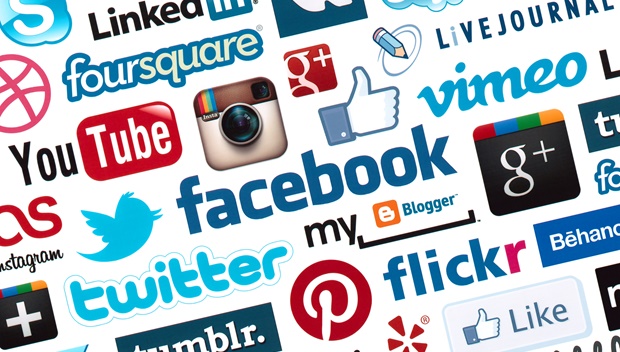Cyberbullying
What is it?
Cyberbullying is when technology is used to deliberately and repeatedly bully someone. This can include abusive texts, Facebook messages or emails, imitating someone else online to cause problems or nasty images and/or videos.
What should I do if I’m being cyberbullied?
-
Talk to someone you trust – don’t keep it to yourself.
-
Block the bully and increase your security settings.
-
Don’t retaliate or respond – it could be used against you.
-
Report the abuse to the service or social media organisation.
-
Remember, nobody deserves to be bullied.
Unwanted Contact Online
What is it?
Unwanted contact is any type of online communication that you find unpleasant or confronting. The contact can come from online or offline friends, people you know or complete strangers.
This can include being asked inappropriate or personal questions by someone you don’t know, being sent offensive, confronting or obscene content, being asked to send intimate pictures or do things online that make you feel uncomfortable.
What should I do if I receive unwanted contact online?
-
Don’t respond and leave the site or chat session.
-
Report it to someone that you trust or to the police, if there is a threat to your safety.
-
Block the contact or remove them from your friend list.
-
Change your profile settings so that your personal details are kept private.
-
Don’t open messages from people you don’t know.
-
Keep the evidence. This can be useful in tracking the person posting the material.
Identity Theft
What is it?
Identity theft is when your personal information is used without your knowledge or permission. With sufficient information someone could open up a bank account in your name, apply for credit cards, impersonate you online and contact your friends/family whilst pretending to be you.
What should I do if I think someone has stolen my identity online?
-
Monitor your profile – if you suspect yours has been hacked shut it down.
-
Use secure websites for shopping online. If it looks suspicious, it probably is.
-
Don’t post personal information – small pieces of personal data can be used to build a much bigger picture.
-
Change your password regularly and don’t ever give it out.
Don't keep it to yourself!
If you are concerned about something you've put online and want someone to talk to follow the link below for support or pop in and see a Learning Mentor in the Student Gateway Office, don't keep it to yourself!



